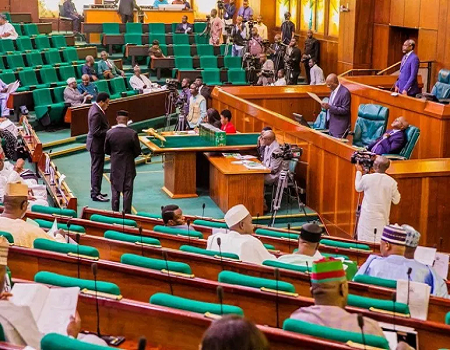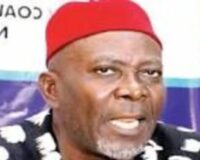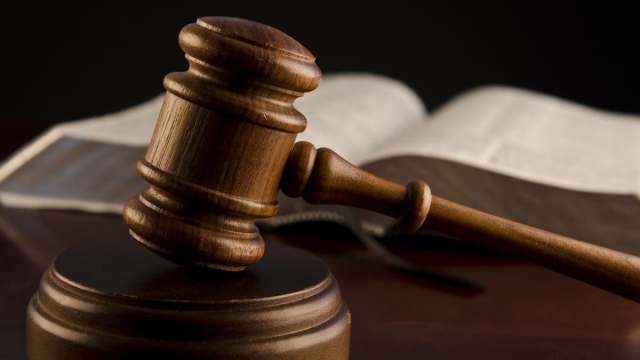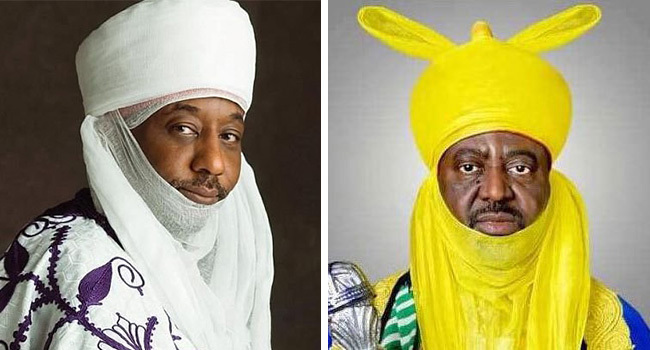The house of representatives special ad hoc committee on the review of the 1999 constitution has recommended immunity for presiding officers of the national assembly and judicial officers.
The recommendation was contained in a report laid before the house on Wednesday by Idris Wase, chairman of the committee.
Wase is the deputy speaker of the house.
The development comes weeks after the committee rejected the bill.
TheCable had reported how the bill was stepped down in January during the consideration of the constitution alteration bills by the committee.
The bill was stood down after Abdulhamid Mohammed, a consultant to the committee, said the proposed legislation is against international best practices.
Mohammed, a senior advocate of Nigeria (SAN), had said the proposed legislation will create a “conflict of interest” among judicial officers.
“It seeks to restrict that immunity that you can sue with the leave of a competent court, but actually, the bill did not go further to indicate which of the court within the federation will have the competence to grant the leave for you to sue the public officer concerned,” he had said.
“We need to consider what are the conventions all over the world, in terms of immunity. It is really unconventional all over the world for judicial officers and presiding officers to have immunity. It could also be self-serving from the angle of morality.
“There could be a conflict of interest if the immunity is now extended to judicial officers, and that you need to go to the judiciary to seek leave to sue the officers concerned. You are now going to apply before the judicial officers because these are courts of competent jurisdiction. There are perhaps issues of bias.”
The bill titled ‘An Act to alter section 308 of the Constitution of the Federal Republic of Nigeria 1999 to extend immunity to cover presiding officers of the legislative institutions’ is sponsored by Segun Odebunmi, a lawmaker from Oyo state.
Section 308 of the constitution states that no civil or criminal proceedings can be instituted against the president, vice-president, governor or deputy governor and they can’t be arrested or imprisoned, nor can a process of any court requiring or compelling their appearance be issued against them.
But with the bill, the proposal is for the immunity to be extended to cover presiding officers of the judiciary and national assembly, which include senate president, deputy senate president, speaker of the house of representatives, and deputy speaker of the house.
Meanwhile, Odebunmi is the lawmaker who sponsored the Nigeria Press Council (NPC) and Nigeria Broadcasting Commission (NBC) bills which sparked controversy and were rejected by media stakeholders.
The lawmakers are set to vote on the clause of the proposed law, as well as 67 other bills, next week.







